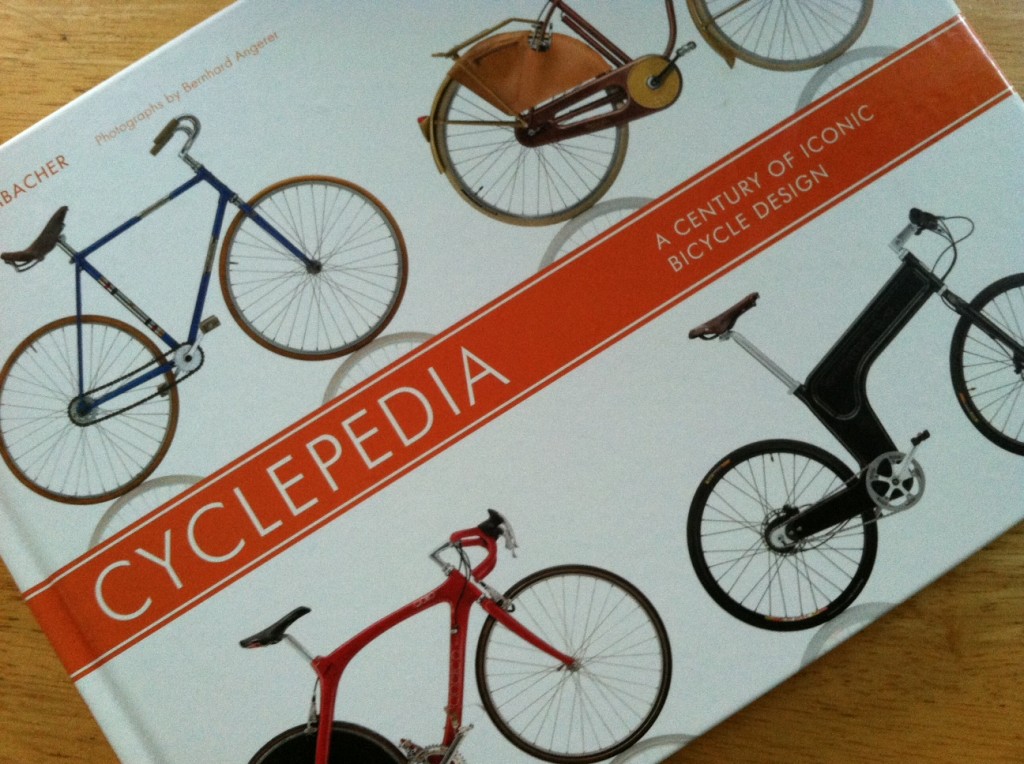It has come to pass that you can study bicycles at school – higher education to be precise. No longer solely the intellectual property of cycling enthusiasts, couriers, athletes, and annoyed motorists, academia has claimed its stake in the ongoing conversation of bicycles. Now why would that be, if a bicycle is just for recreation as so many would have us believe?
Changing Cities, Changing Transit
Bicycles are indicative of social change. They are an example of something happening, not just locally here near Boston, but also around the nation and the world. Our cities are changing, and they aren’t just revolving around automobile transport anymore.
Harvard’s Kennedy School’s Leighton Klein writes in Pacific Standard magazine :
” […] But change was in the air, even in gasoline-addled America. Recognition of the environmental costs of driving led to the signing of the Clean Air Act in 1970, which coincided with first modern boom in two-wheel transport. Ten years later, the first waves of gentrification started, bringing higher-income residents to urban centers once left for dead. In the 1990s scientific consensus on climate change was growing as cities began to realize they couldn’t build their way out of automotive congestion. Cyclists began to show their strength and numbers.
By the 2000s, the suburbs were becoming poorer, even as the first public bike-share systems—by necessity and design, in urban centers—started to appear. The idea of cities competing for talent began to take hold, and having cultural amenities and walkable, bikeable neighborhoods became essential.”
Coming out of the urban decline that defined several decades of the past century, our population is returning to cities, making them into vibrant, creative places once again.
Two Wheeled Anthropology?
Bicycles and multi-modal transit are appearing in articles from everything from economic policy, urban planning, health, environmental concerns, fashion, engineering and design – and the list goes on and on. A cycling minor is even offered at North Carolina’s Lees-McRae College. Think tanks and research institutes are taking a rigorous look at everything from metabolism to traffic patterns, from the effects of mandatory helmet laws to immigration. No longer relegated to side conversations, bicycles have been adopted as part of academic discourse.


